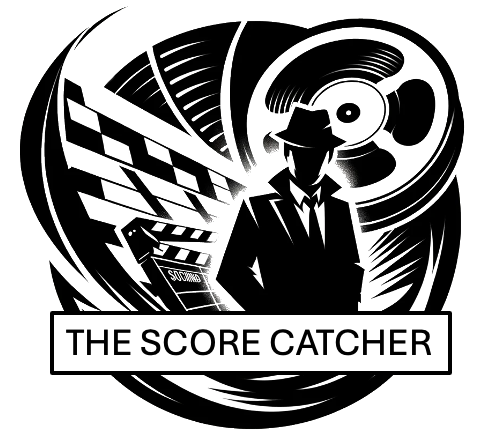Sunday, BBC2, 10:00pm
Shekhar Kapur’s Elizabeth: The Golden Age (2007) is a lavish, sweeping sequel to his 1998 Elizabeth, once again starring Cate Blanchett as the indomitable Virgin Queen. If the first film was a brooding, Machiavellian thriller, this second outing is pure operatic pageantry—brimming with thunderous speeches, swirling gowns, and the ever-obliging Geoffrey Rush as Sir Francis Walsingham, England’s spymaster extraordinaire. It revels in the grand theatre of monarchy, with Blanchett delivering rousing soliloquies against the tempest of history, yet it takes a rather cavalier approach to the finer details of that history.

The Spanish Armada’s demise, for instance, is depicted less as a confluence of strategic missteps and freak weather (which it was) and more as divine intervention spurred by Elizabeth’s celestial gaze and a billowing cape. Clive Owen’s dashing Walter Raleigh, meanwhile, becomes an unlikely romantic foil, despite little historical evidence to suggest he was anything but a courtier with an eye for his own fortune. The film’s indulgence in the imagery of Elizabeth as both warrior and saint is its great strength and its greatest fiction.
Yet, if we abandon the pedantry of historical accuracy, the film soars—thanks in no small part to Craig Armstrong and A.R. Rahman’s score, a thunderous blend of orchestral power and choral majesty. The music wraps Elizabeth’s world in the kind of mythic aura the film is determined to craft, lending even its most exaggerated moments a thrilling sincerity. If Elizabeth (1998) was a film of ruthless politics, The Golden Age is a film of pageantry and spectacle—less Machiavelli, more Wagner. Historically dubious? Absolutely. But when history is told with such cinematic grandeur, one almost wants to forgive the liberties taken. Almost.
- Tom Hanson
